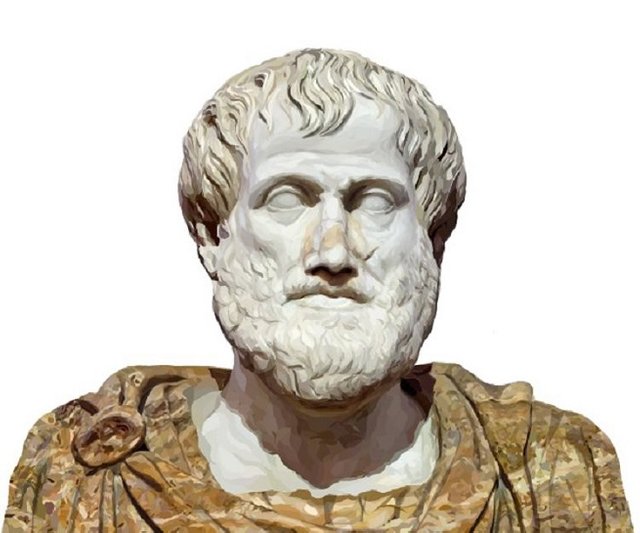Ancient philosophy. Some thoughts about Aristotle and Alexander of Macedon /part 2/
Relieving Alexander's wicked ambition, Aristotle justified himself, claiming that these teachings, though published, were unpublished. Indeed, the essay about nature was at the outset intended for the educated people, and is far from fit either for teaching or for self-study. It is too characteristic that Alexander treated well not only Aristotle but also those people whom Aristotle worshiped and about which he told his royal disciple. Once Alexander stayed for several days in the Asia Minor town of Faselida, and realized that there was a statue of the famous rhythm Theodectus.
Theodectus was a student of Plato and Socrates, and even of Aristotle himself. After an abundant feast, Alexander approached this statue and threw it, to the pedestal and a multitude of wreaths. Plutarch, on this occasion, says: "With such fun, he paid due respect to the man he met thanks to Aristotle and his pursuits of philosophy." The upbringing that Alexander received through Aristotle was sufficiently reasonable. It penetrated into the very depths of the great conqueror's personality. In any case, Aristotle wrote for Alexander a book on how to reign and how it is necessary for the king to be good; and this is Alexander's edict for this book: "Today I have not reigned, I have not done anything good to anybody," says Alexander once. In a strictly critical attitude to the testimonies of the ancients, it is not to be argued with great confidence that Aristotle was the only educator of Alexander.
Since Alexander was born in 356 BC, at the time of Aristotle's invitation to the court, 343-342 BC, Alexander's tekla 14 years. At that age in King Philip's heir, there had already emerged radical habits, the re-education of which was already very difficult. The main point is that all the information on the upbringing of the young royal son from Aristotle refers to the very late time not earlier than the 1st century AD. If the earlier historians pay attention to later ones, then Plutarch, before pointing to Aristotle, mentions two other educators of Alexander-Leonid who was the kinsman of Alexander's mother Olympus and Lisimaha of Akarnania. And Aristotle as a tutor of Alexander, Plutarch only mentions third. Perhaps no less important to Alexander could have a Xenocrat, who was even commissioned to write a guide on the royal power. If that were the case, the question arises, were they not Aristotle and Xenocrat rivals in the Macedonian court, since both were Plato's students and both left the Academy and went north together?
Quintillian directly reports that Alexander's chief teacher was not Aristotle nor Xenocrat, and Leonid mentioned earlier, to whom Quintinian attributes responsibility for the many shortcomings in Alexander's character that have occurred in him later on. Clement of Alexandria explains Alexander's bitterness, cruelty, and other shortcomings precisely from his upbringing to Leonid, not mentioning Aristotle.
